Product liability claims can be complex and overwhelming, especially when it comes to navigating the laws and statutes in Florida. Understanding the types of claims, steps to take, necessary evidence, and potential damages is crucial for both consumers and business owners.
We will explore the different aspects of product liability claims in Florida, including the laws and statutes of limitations, as well as how to avoid such claims as a business owner.
Stay tuned to learn more about handling product liability claims effectively.
Key Takeaways:
- Seek medical attention and document the product and injuries for a successful product liability claim in Florida.
- Contact an attorney and gather evidence of injury, defect, and causation to prove liability in a product liability claim.
- Be aware of the laws and statutes of limitations in Florida and the possible damages that can be recovered in a product liability claim.
What are the Steps to Take in a Product Liability Claim?
Initiating a product liability claim entails various essential steps, such as:
- Obtaining medical assistance
- Recording details of the faulty product and injuries
- Reaching out to a knowledgeable attorney to guide through the legal procedures and obtain reimbursement for losses
1. Seek Medical Attention
The initial course of action following an injury caused by a defective product involves promptly seeking medical attention to address any injuries and commence the documentation process for potential damages.
Medical records are pivotal in product liability claims as they serve as crucial evidence in establishing the connection between the injury and the defective product. Detailed medical records not only capture the extent and nature of the harm inflicted but also assist in determining the required treatment and prognosis.
These records furnish tangible evidence of the sustained injuries, which is pivotal in establishing the liability of the manufacturer or seller. They are essential in quantifying the compensation amount by evaluating the medical costs incurred, encompassing past and future treatment expenses, rehabilitation, and pain and suffering.
2. Document the Product and Injuries
It is essential to document the defective product and any injuries sustained to build evidence in a product liability lawsuit. Photographs are crucial to visually depict any damage or malfunctions in the product, providing a clear record for the court.
Medical reports play a vital role in establishing the extent of injuries caused by the defective item, aiding in calculating compensation. Purchase receipts corroborate the ownership of the product, linking it to the injured party.
Collecting all these forms of documentation strengthens the case by providing a comprehensive trail of evidence to support the claim of the injured party.
3. Contact an Attorney
Seeking guidance from a seasoned product liability attorney is important to navigate the legal system’s complexities and ensure proper representation in your lawsuit. A proficient attorney specializing in product liability claims offers valuable assistance throughout your case. They possess the knowledge and resources to gather essential evidence to bolster your argument.
These attorneys can negotiate with insurance companies or opposing parties to secure a fair settlement on your behalf. If your case goes to court, a capable attorney will skillfully litigate, effectively presenting your case. Opting for an attorney with specific expertise in product liability is vital, as they comprehend the intricacies of these cases, enhancing the likelihood of a successful outcome.
What Evidence is Needed to Prove a Product Liability Claim?
Establishing a product liability claim necessitates compelling evidence, such as:
- Proof of injury or damage
- Proof of a defect in the product
- Proof of causation connecting the defect to the injury or damage sustained
1. Proof of Injury or Damage
Evidence of injury or damage is essential for any product liability claim, as it demonstrates the harm experienced by the victim.
In product liability cases, medical records are vital evidence as they document the severity of physical injuries caused by the faulty product. Photos of injuries can complement these records, offering a visual depiction of the harm suffered.
Repair bills are crucial in displaying the financial consequences of the product defect, outlining the expenses related to repairing or replacing the defective item. Together, these forms of evidence present a thorough overview of the damages incurred, reinforcing the legal case against the liable party.
2. Proof of Defect
Evidence of a defect involves showing that the product under consideration is defective, whether due to a manufacturing error, design flaw, or insufficient warnings.
One method to establish a product’s defect is through expert testimony, where qualified professionals in the field offer their analysis on the product’s deficiencies. They can provide insights into what went wrong during the manufacturing process or how the design could have been enhanced for safety.
Another significant approach is reviewing product recalls issued by the manufacturer or regulatory bodies. Recalls can suggest that the product has inherent problems that endanger consumers.
Safety reports from agencies or independent testing facilities also play a critical role in proving defects by highlighting potential hazards or failures in the product’s performance.
3. Proof of Causation
Evidence of causation establishes the connection between the defective product and the injury or damage, demonstrating that the defect directly resulted in the harm experienced by the consumer.
Expert analysis is pivotal in establishing causation in product liability claims. Experts assess the product’s design, manufacturing process, and any potential defects to determine their potential contribution to the consumer’s injury.
Witness statements also serve as valuable evidence, offering firsthand accounts of the incident and its repercussions. Without a clear correlation between the defect and the harm suffered, a product liability claim may face challenges in achieving success. Therefore, proving causation through various forms of evidence is crucial in holding manufacturers accountable for producing unsafe products.
What are the Laws and Statutes of Limitations in Florida for Product Liability Claims?
Florida’s product liability laws incorporate particular statutes of limitations and statutes of repose that establish the timeframe during which a consumer can initiate legal action for damages resulting from a faulty product.
1. Statute of Repose
The statute of repose in Florida establishes a definitive deadline for initiating a product liability lawsuit. This deadline typically restricts claims to a specific number of years from the date of sale, regardless of when the injury occurred.
The primary objective of this statute is to offer manufacturers protection by setting a limit beyond which they cannot be held accountable for injuries resulting from their products. In Florida, the statute of repose for product liability matters is generally set at 12 years from the date of sale.
Once this period expires, individuals who sustain injuries due to a defective product are no longer able to file a lawsuit against the manufacturer. This highlights the significance of taking prompt legal action in such cases.
2. Statute of Limitations
The statute of limitations for product liability claims in Florida typically requires that a lawsuit be filed within a specific period after the injury or damage is discovered.
This timeframe varies depending on the nature of the claim and when the injury occurred. It is important to note that failing to file a lawsuit within the specified time limit can result in the loss of the right to seek compensation for damages.
The discovery rule, which allows the limitation period to begin when the injury or damage is discovered, can be significant in determining when the clock starts ticking for filing a claim. Therefore, it is crucial to take prompt action and seek advice from legal professionals to ensure you do not miss the deadline for pursuing your product liability claim.
What Damages can be Recovered in a Product Liability Claim?
In a product liability claim, individuals may be able to seek different types of damages, such as medical expenses, lost wages, pain and suffering, and potentially punitive damages. These damages are intended to compensate for the harm caused by the defective product.
1. Medical Expenses
Medical expenses are a key element of damages in product liability claims, encompassing the costs associated with treatment, hospital stays, and continued medical attention linked to the injury.
In product liability cases, individuals seeking compensation can commonly seek repayment for various medical costs, such as doctor appointments, surgeries, prescription drugs, rehabilitation services, and medical devices.
It is important to maintain thorough records of all these expenses, including receipts, invoices, and medical documentation, to bolster the claim. These documented expenses are crucial in determining the amount of compensation granted in the lawsuit, as they directly demonstrate the financial implications of the injury on the individual’s life and the ongoing care necessary for recovery.
2. Lost Wages
Lost wages are the income that a victim forfeits due to their inability to work caused by injuries from a defective product.
Calculating lost wages involves determining the income the victim would have earned during the time they cannot work. This calculation typically considers the victim’s regular salary, overtime pay, bonuses, and other forms of compensation they would have received if not for the injury.
To substantiate a claim for lost wages, evidence such as pay stubs, tax returns, and medical records showing the injury’s extent and its impact on the victim’s work ability are crucial.
The financial strain from lost earnings can be significant, affecting the victim’s capacity to pay bills, support their family, or sustain their standard of living. Lost wages play a crucial role in helping victims financially recover from the injury’s aftermath as part of seeking compensation.
3. Pain and Suffering
Compensation for pain and suffering aims to address the physical and emotional distress caused by an injury from a defective product.
When evaluating pain and suffering, several factors are taken into account, including the severity of the injury, the duration of the suffering, the impact on daily life, and the emotional trauma endured. Understanding these factors is crucial in determining the appropriate compensation to cover the victim’s losses.
Calculating these damages often involves intricate formulas that consider medical records, expert testimonies, and the long-term effects of the injury. By including pain and suffering damages in the compensation, the legal system seeks to offer victims a comprehensive approach to recovery and justice.
4. Punitive Damages
Punitive damages may be awarded in product liability cases to punish the defendant for particularly egregious conduct and to deter similar behavior in the future.
These damages serve as a form of monetary punishment imposed on the defendant, exceeding the compensation meant to make the plaintiff whole again.
The key criteria for awarding punitive damages typically involve proving that the defendant acted with willful or malicious intent, gross negligence, or a reckless disregard for the safety of others. Courts consider factors such as the severity of the misconduct, the potential harm caused, and whether the defendant had prior knowledge of the risks involved.
When awarded, punitive damages can significantly impact the overall compensation received by the plaintiff, often leading to substantially higher financial outcomes in product liability lawsuits.
How to Avoid Product Liability Claims as a Business Owner?
Business owners and manufacturers can implement various proactive measures to prevent product liability claims. These measures include maintaining strict quality control, following regulatory standards, and providing clear warnings and instructions for consumer goods.
A fundamental best practice in manufacturing to avoid product liability claims is to conduct comprehensive testing at each stage of production.
This helps in identifying any potential defects or hazards before the product is released to the market. By incorporating feedback from consumers and conducting regular quality audits, businesses can detect and resolve issues proactively.
Prioritizing safety in product design, considering potential risks, and integrating safeguards are essential steps in reducing the likelihood of liability claims. It is also crucial to stay abreast of changing laws and regulations to ensure legal compliance and minimize the risk of facing lawsuits.
Frequently Asked Questions
What is product liability and how does it apply in Florida?
Product liability refers to the legal responsibility of a manufacturer, distributor, or seller for any injuries or damages caused by a defective or dangerous product. In Florida, the law states that anyone who suffers harm from a product may seek compensation from any party involved in the distribution chain.
Who can file a product liability claim in Florida?
Any person who has been injured or suffered damages due to a defective product can file a product liability claim in Florida. This includes the person who purchased the product, as well as any bystanders who were affected by the product.
What are the steps to take when handling a product liability claim in Florida?
The first step is to seek medical attention for any injuries sustained due to the product. Then, gather evidence such as the product itself, photos of the injuries, and any receipts or proof of purchase. Next, consult with a product liability attorney to discuss your options for seeking compensation.
What is the statute of limitations for filing a product liability claim in Florida?
In Florida, the statute of limitations for personal injury claims, including product liability, is four years from the date of the injury. It is important to file a claim within this time frame to ensure your case is not dismissed.
Is there a limit to the amount of compensation I can receive in a product liability claim in Florida?
There is no specific limit to the amount of compensation you can receive in a product liability claim in Florida. The amount awarded will depend on the severity of your injuries, the impact they have on your life, and other factors.
What if I am partially at fault for my injuries in a product liability claim in Florida?
Florida follows a pure comparative fault system, which means that even if you are partially at fault for your injuries, you can still receive compensation. The amount of compensation awarded will be reduced by your percentage of fault.


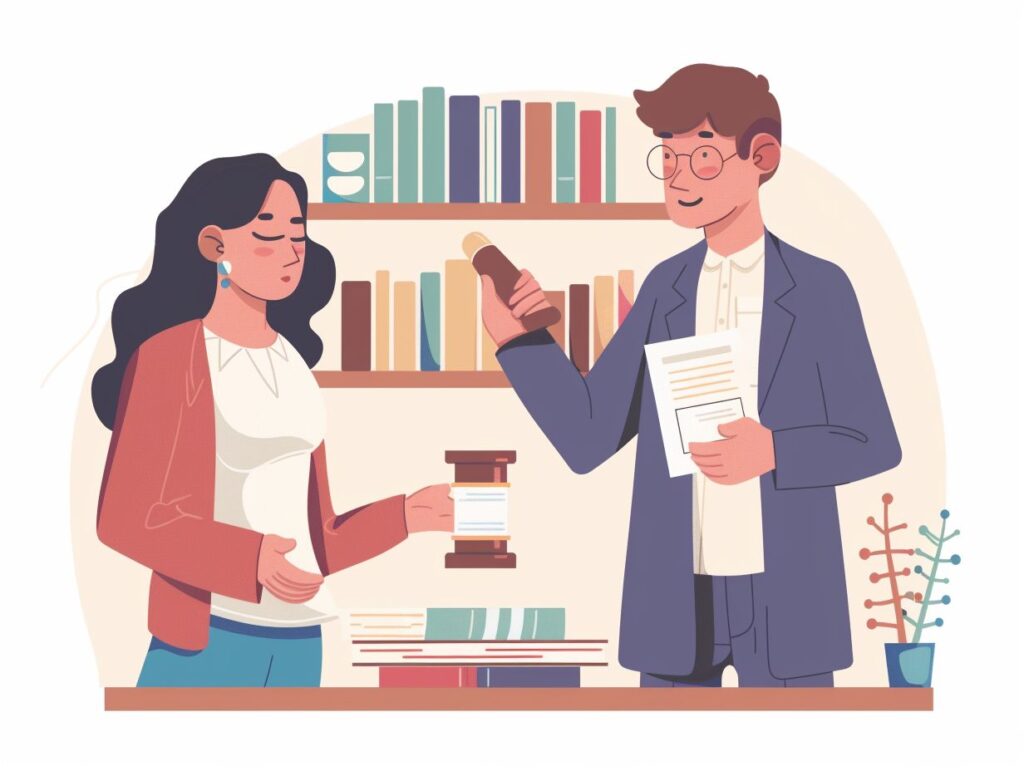
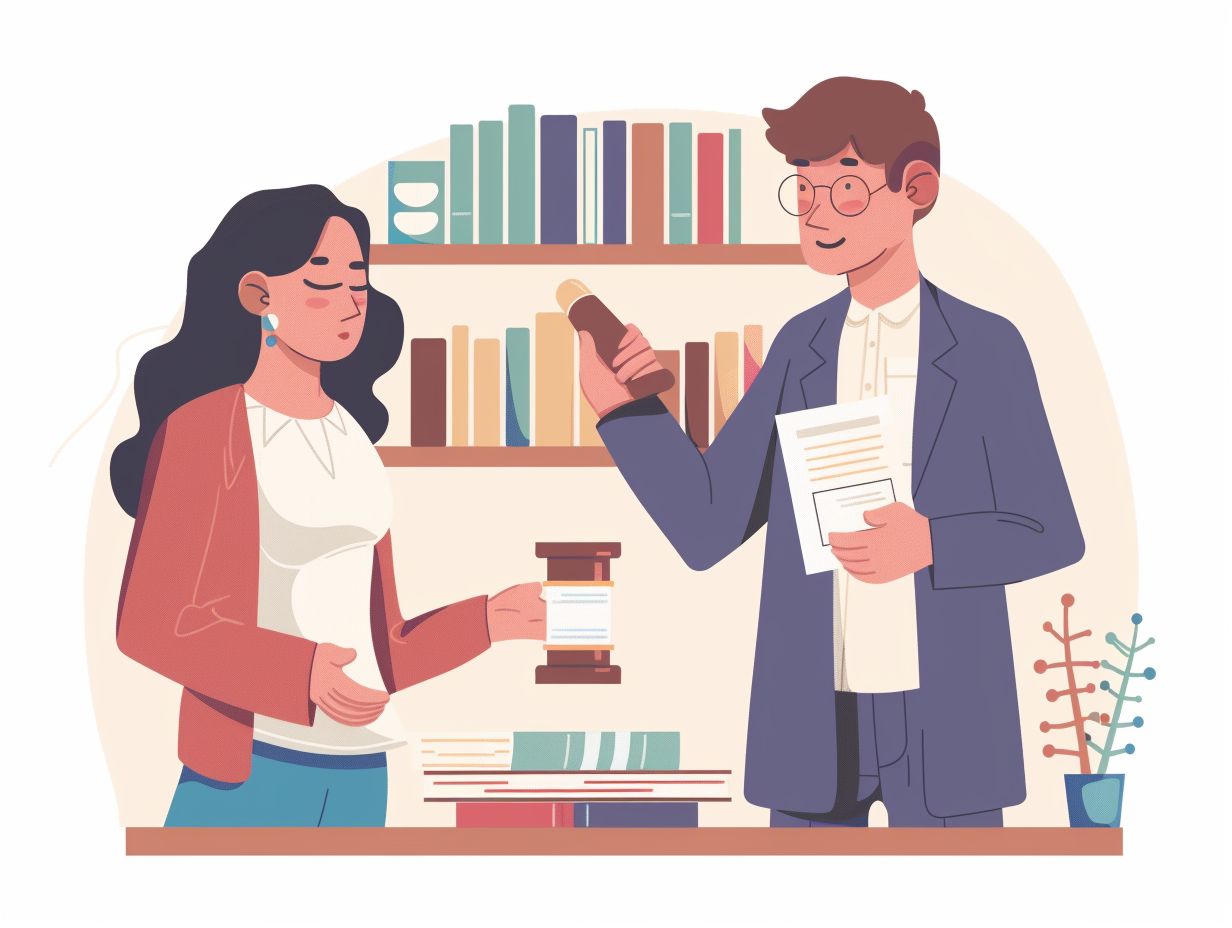
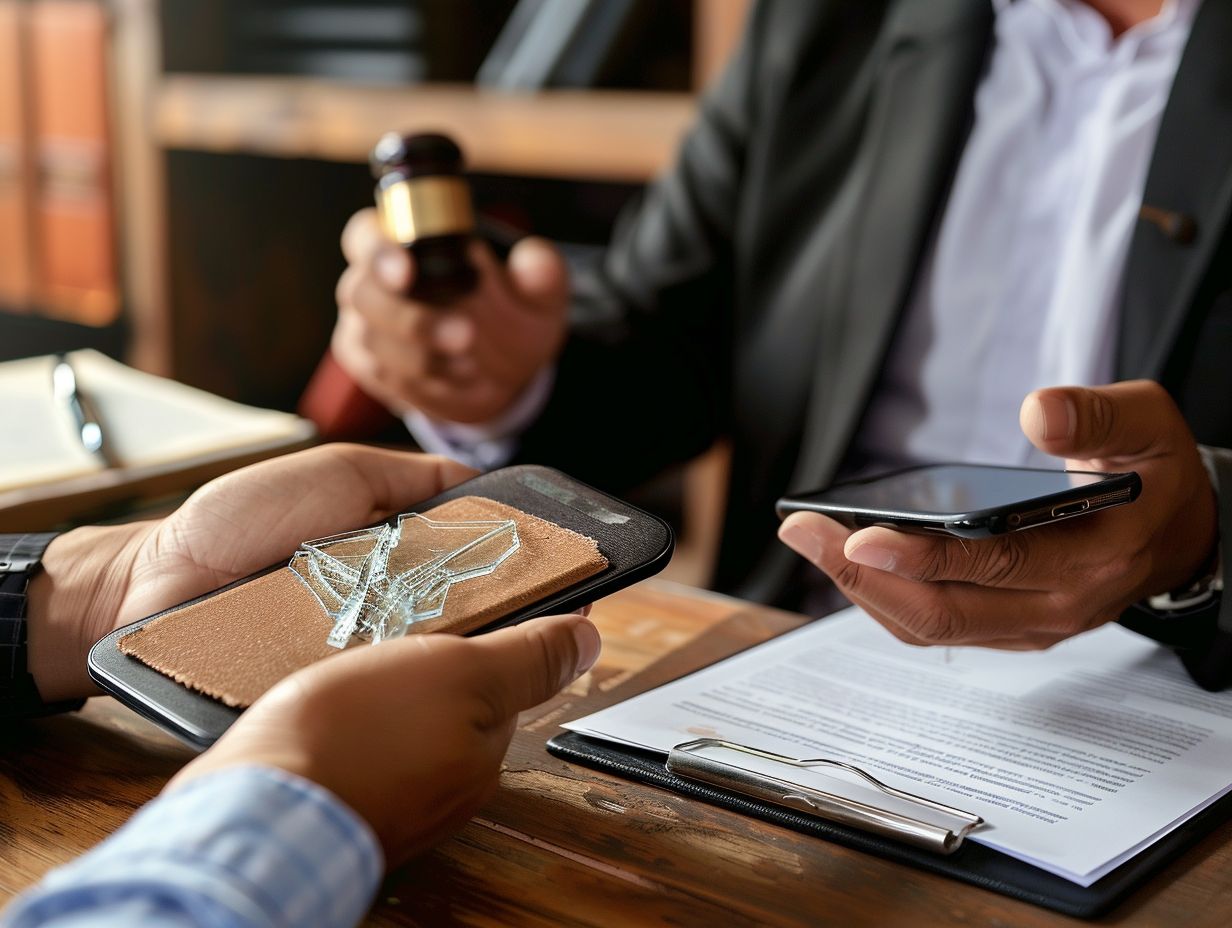
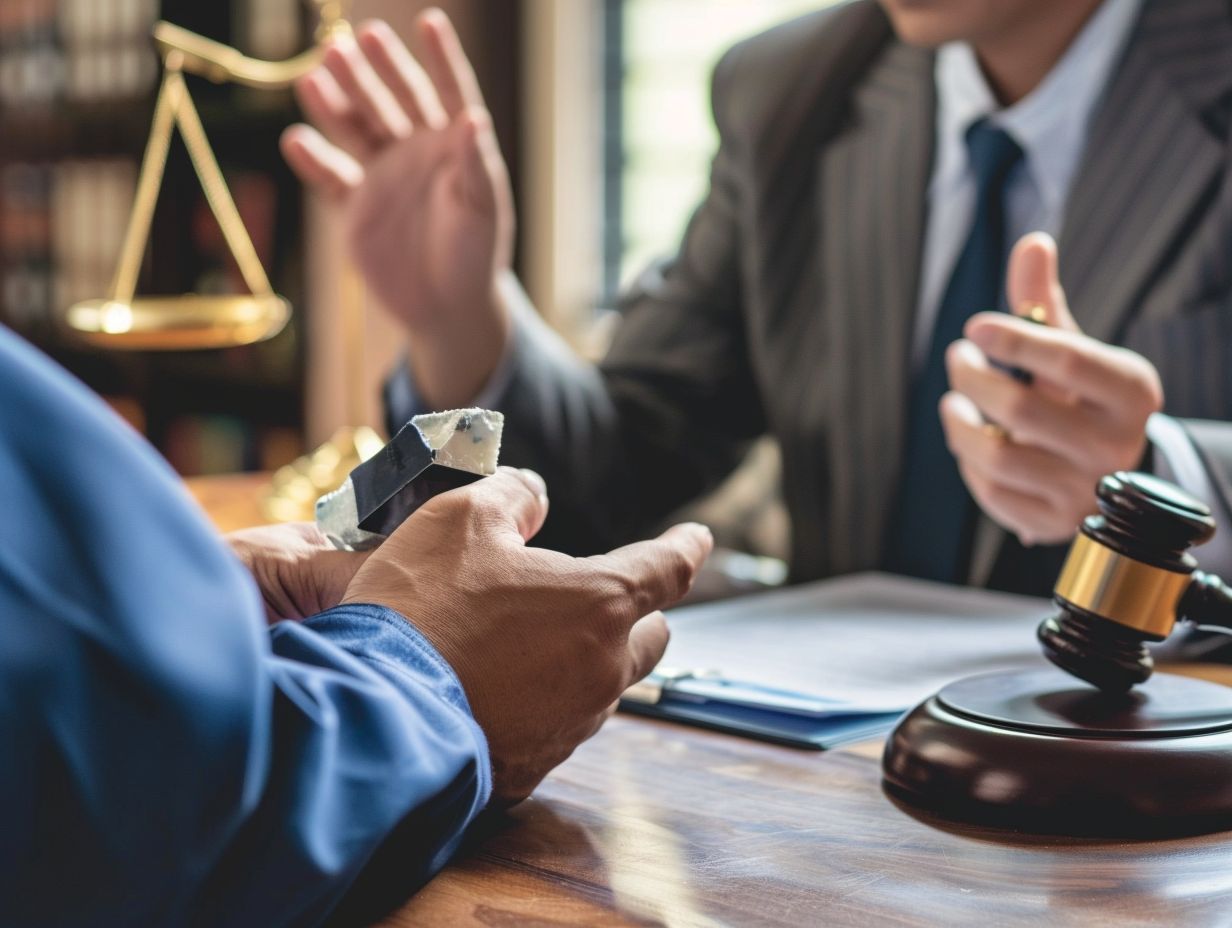
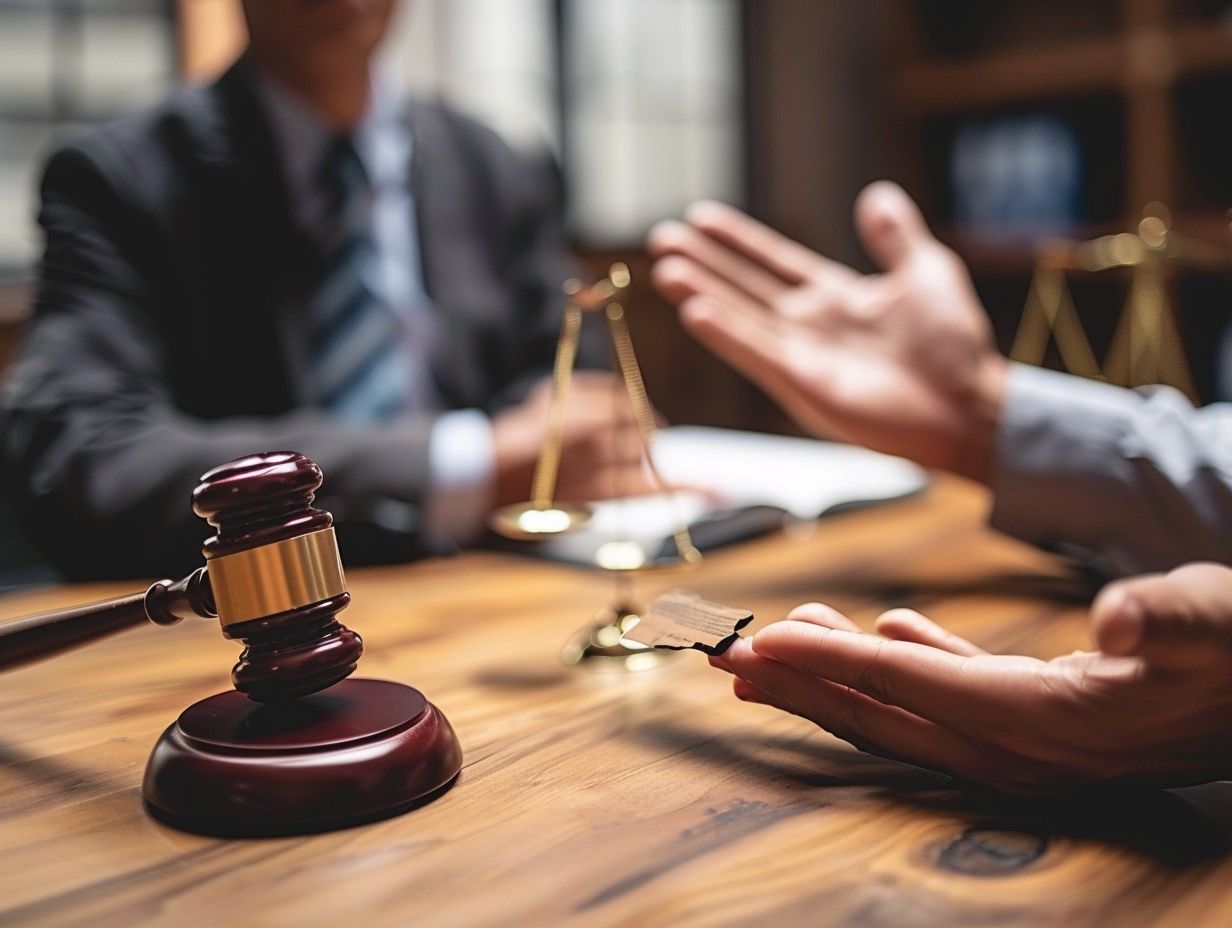

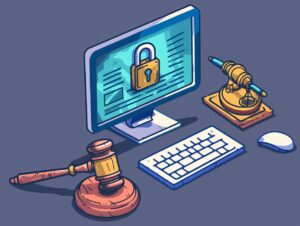

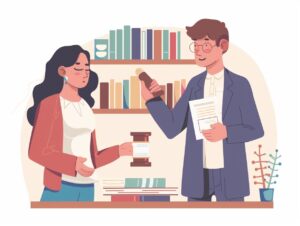









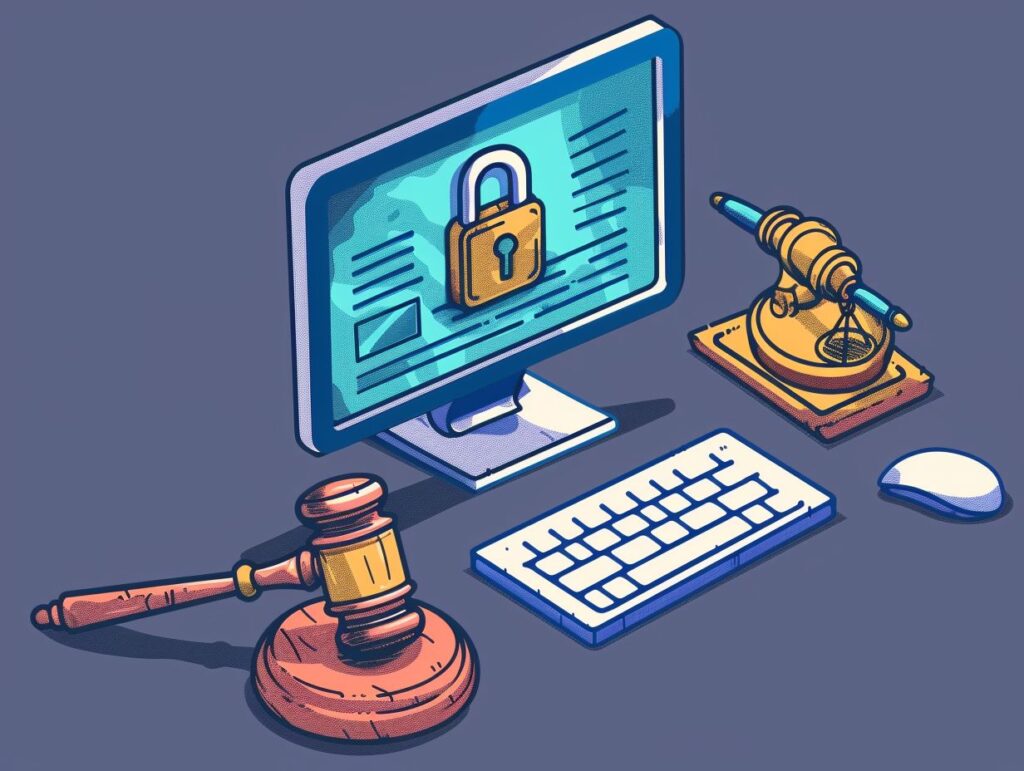
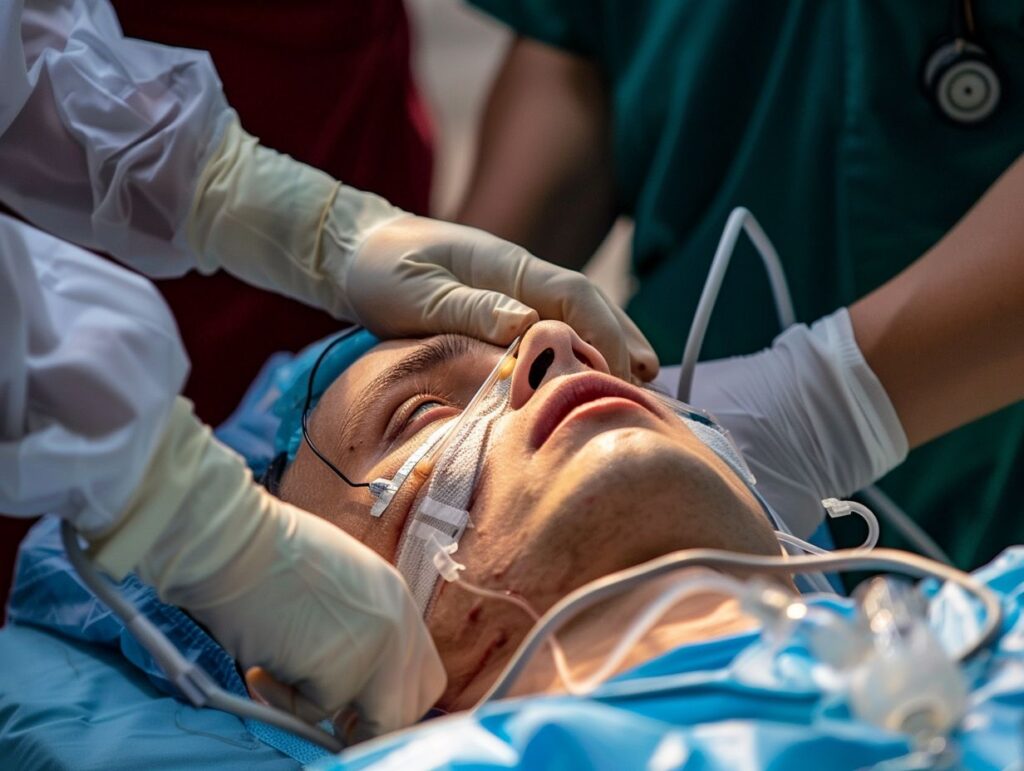





Rate this article:
No Comments yet!